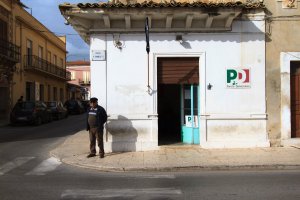We employ two different methods. First, we develop an original database of municipal budgets. There we show that even the lowest level of social welfare spending, that offered by Italian municipalities, though also hit by austerity, was still able to moderate this national shock. We test three operationalizations of local spending: aggregate current expenditures, aggregate current expenditures on social services, and current expenditures disaggregated by function. We show that municipal current expenditures, particularly on social spending, significantly affected the post-2011 share of votes for the progressive coalition. The results also show that social spending, especially on education, significantly moderated the combined effect of national austerity and the economic crisis on voting for populist radical right parties, while no significant results appeared for populist parties in general. Local inequality appears to significantly enhance vote shares of populist radical right parties and populist parties in general. We caution that, although significant, the effect is not strong: that local policy and economic conditions can moderate national shocks but cannot reverse them.
Working Paper
Local David Versus Global Goliath: Populist Parties and the Decline of Progressive Politics in Italy
Working Paper Series By
Working Paper Series By
Download- Wp 144 Cavallaro (pdf, 1.72 MB)

